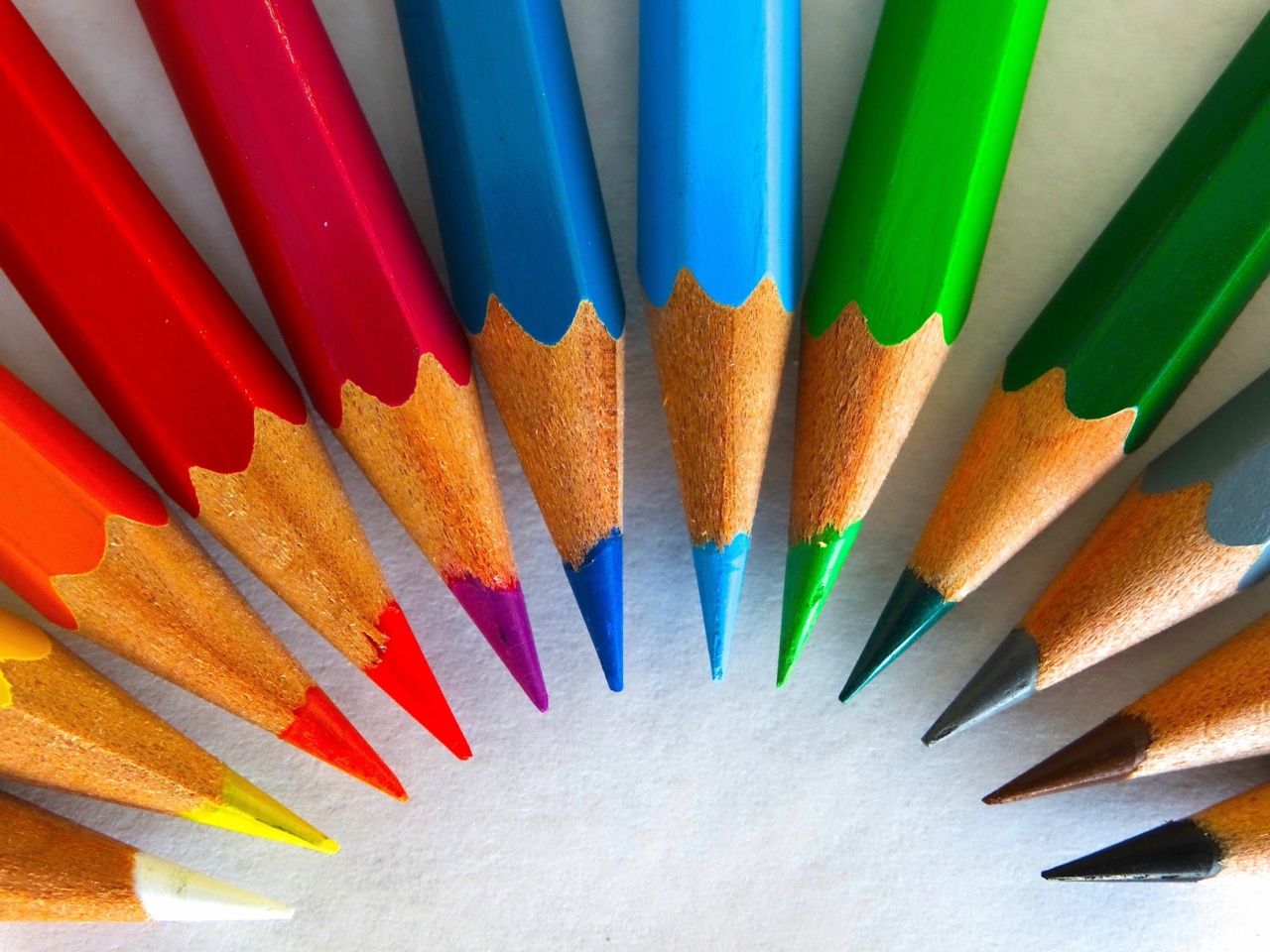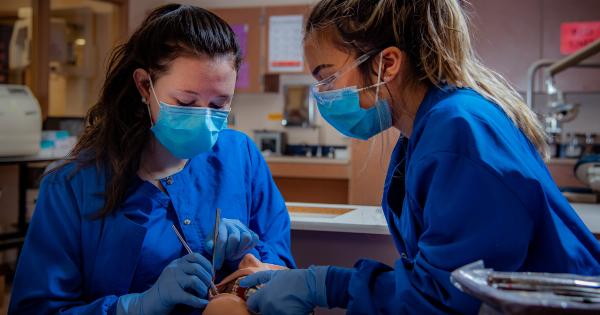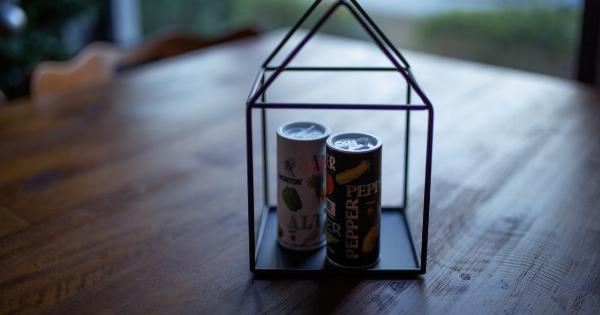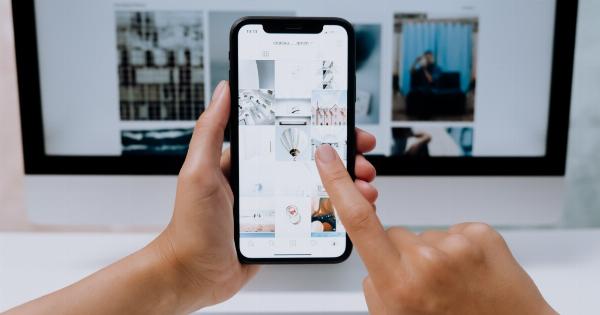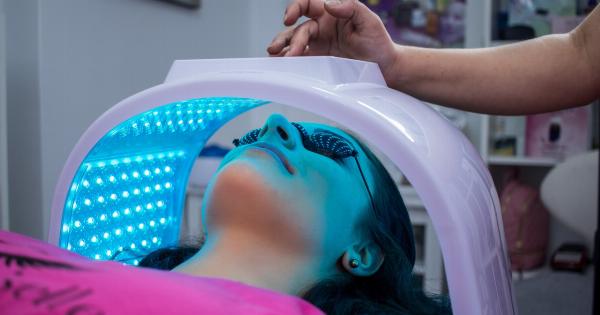We often take our hearing for granted, but it is essential to protect and preserve this precious sense.
Whether you are exposed to loud noises regularly or simply want to maintain optimal auditory health, these tips and techniques will help you safeguard your hearing.
1. Limit Exposure to Loud Noises
One of the most significant factors in hearing loss is prolonged exposure to loud noises. To protect your ears, minimize your time spent in environments with high noise levels.
If you cannot avoid such situations, consider wearing earplugs or earmuffs to reduce the decibel levels reaching your inner ear.
2. Be Mindful of Volume Levels
While enjoying music, podcasts, or any audio content through headphones or earbuds, be cautious of the volume levels. Listening at excessive volumes, especially for extended periods, can damage your hearing over time.
Consider using noise-canceling headphones that allow you to enjoy audio content at lower volumes.
3. Take Breaks from Noise
Regular exposure to loud sounds can fatigue your ears and potentially cause long-term damage. Whenever possible, take short breaks in quieter environments to give your ears a rest.
This practice can help reduce the risk of hearing loss and prevent tinnitus, a condition characterized by persistent ringing, buzzing, or humming noises in the ears.
4. Use Ear Protection in Noisy Environments
If your workplace or hobbies involve frequent exposure to loud noise, it is crucial to wear appropriate ear protection.
Whether you work on a construction site, attend concerts, or engage in activities like shooting or motorcycling, invest in good-quality earplugs or earmuffs. This simple precaution can significantly reduce the risk of noise-induced hearing loss.
5. Maintain a Healthy Lifestyle
Believe it or not, your overall health plays a role in your auditory well-being. Several health conditions, such as hypertension and diabetes, have been linked to hearing loss.
By adopting a healthy lifestyle that includes regular exercise, a balanced diet, and avoiding smoking and excessive alcohol consumption, you can contribute to preserving your hearing.
6. Keep a Safe Distance from Loudspeakers
When attending live concerts, sporting events, or any venue with loudspeakers, try to maintain a safe distance from the source of the sound.
Being too close to powerful speakers can expose you to extremely high decibel levels, causing immediate damage to your hearing. Opt for seats or standing areas farther away to enjoy the event while safeguarding your ears.
7. Be Cautious with Cotton Swabs
Many people use cotton swabs to clean their ears, believing they are hygienic and safe. However, inserting anything into your ear canals can push wax deeper, potentially causing blockages or damage to the delicate structures within your ears.
Instead of using swabs, consider seeking professional ear wax removal or using gentle ear irrigation methods.
8. Stay Aware of Medication Side Effects
Some medications, including certain antibiotics, diuretics, and nonsteroidal anti-inflammatory drugs (NSAIDs), can have side effects that impact your hearing.
If you are prescribed any medication, be sure to discuss potential auditory effects with your healthcare provider. They can advise you on alternative options or recommend regular hearing check-ups while taking the medication.
9. Include Hearing Protection in Your First Aid Kit
Accidents can happen anywhere. To be prepared for unexpected loud noises or sudden exposure to damaging sounds, keep a pair of earplugs in your first aid kit.
This ensures you have easy access to hearing protection in emergencies, such as natural disasters, loud explosions, or other unexpected situations where your ears may be at risk.
10. Get Regular Hearing Check-ups
A proactive approach to maintaining your auditory health is scheduling regular hearing check-ups with a licensed audiologist. These professionals can provide a comprehensive evaluation of your hearing and identify any potential issues at an early stage.
Regular check-ups allow for timely intervention and treatment, helping to preserve your hearing for years to come.
